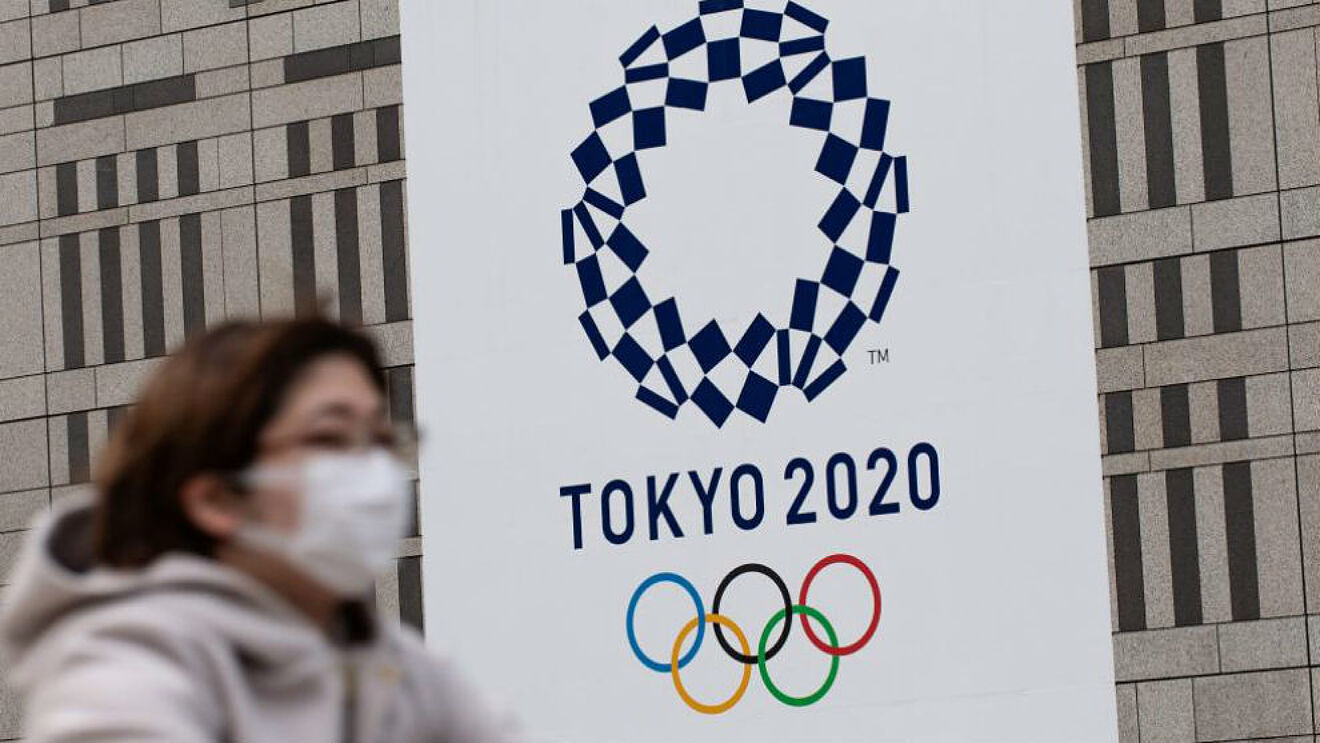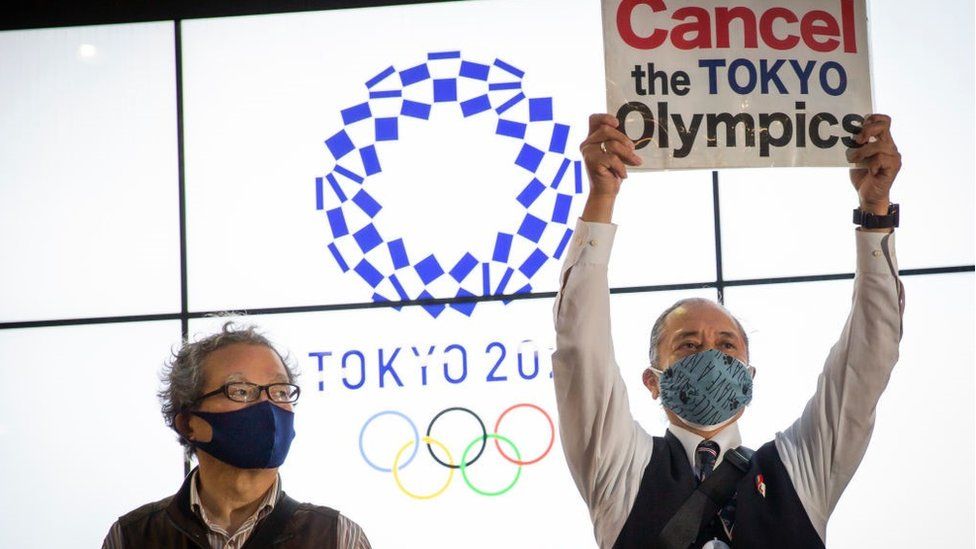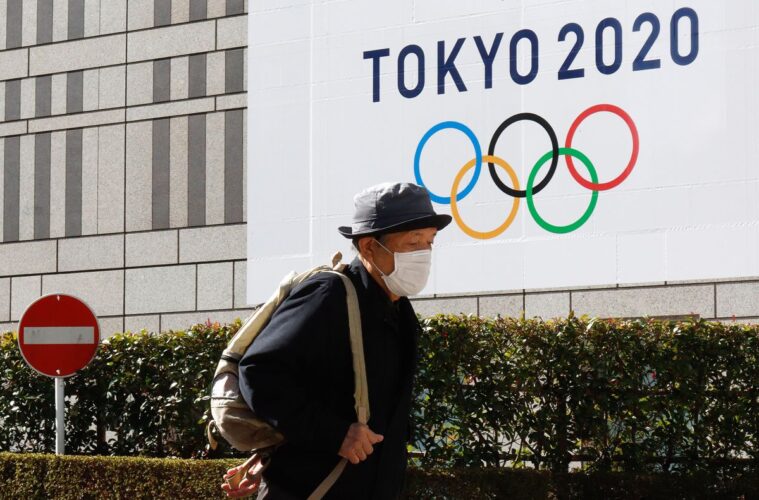Two South African soccer players became the first athletes inside de Olympic Village to test positive for Covid-19 on Sunday. Other cases connected to the Tokyo Games were also confirmed. This highlights the task organizers face to keep the virus contained while the world’s biggest sports event plays out.
The positive tests came as some of the 11,000 athletes and thousands of more team officials for the Olympics expected from across the globe began arriving. They’ll all now live in close quarters in the Olympic Village on Tokyo Bay over the next three weeks.
International Olympic Committee President, Thomas Bach, said last week there was “zero” risk of athletes passing on the virus to Japanese or other residents of the village.
The Olympics, which were postponed for a year because of the pandemic, are set to officially open on Friday and run until August 8.
According to the South African Olympic Committee, the two soccer players and a team video analyst who tested positive were moved to “the Tokyo 2020 isolation facility”. The rest of the squad members and officials had also been quarantined.
The positive tests have further stoked fear of Japanese locals. The South African team is scheduled to play against the host nation, Japan, in its first game on Thursday.
There have already been consistent opposition from the Japanese public to holding the Olympics during the pandemic. There are fears that it could become a super-spreader event and cause a spike in infections among Japanese people.

Also Sunday, Team South Africa confirmed the coach of its rugby sevens team also tested positive at a pre-Olympics training camp in the southern Japanese city of Kagoshima. He was also in isolation there and would miss the entire rugby competition.
And there were other Olympics-related positive tests. Olympic organizers said that another athlete had tested positive, although they were not residing in the Olympic Village. The athlete was not named and only identified as “non-Japanese.”
Asymptomatic IOC Member In Isolation
The first International Olympic Committee (IOC) official was reported as positive. He recorded a positive test on Saturday when arriving at a Tokyo airport. The IOC confirmed the test and identified him as IOC member Ryu Seung-min of South Korea. He was reportedly being held in isolation, too.
Former distance runner and world championship bronze medallist, Tegla Loroupe, the chief of mission of the IOC’s Refugee Olympic Team, tested positive for COVID-19 before the team was to depart its Doha, Qatar, training base for Tokyo. The team delayed its arrival in Tokyo while Loroupe is expected to stay behind.
Organizers say that 55 people linked to the Olympics in Japan have reported positive tests since July 1. But that figure does not include athletes or others who may have arrived for training camps. They’re not yet under the “jurisdiction” of the organizing committee.
Olympics To Resume Under State Of Emergency
Tokyo reported 1,008 new COVID-19 cases on Sunday. This is the 29th straight day that cases were higher than seven days previously. It was also the fifth straight day with more than 1,000 cases. The Olympics will open under a state of emergency in Tokyo and three neighbouring prefectures.
No fans (Japanese or foreign) will be allowed at any of the Olympic sports in Tokyo and the three neighbouring prefectures. A few outlying venues may allow a small number of local fans, but it has effectively become a TV-only event.
About 200 protesters gathered Sunday outside Shinjuku station in central Tokyo, waving signs that read “No Olympics.” It was the latest in a series of small protests against the Games in the last few months.

“This is ignoring human rights and our right to life,” protester Karoi Todo told the AP. “Infections are increasing. To do the Olympics is unforgivable.”
Japanese and IOC organizers hope stringent testing protocols, where athletes, team officials and others are tested daily, will mitigate the risks posed by the thousands of foreigners arriving at once.
Visiting athletes, officials and media will be in a “soft quarantine” situation and restricted to the Olympic venues, the village and designated hotels, and will be kept away from the Japanese general public. The IOC also says more than 80% of the athletes set to compete in Tokyo will be vaccinated against Covid-19.


